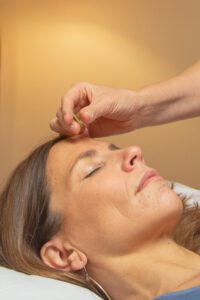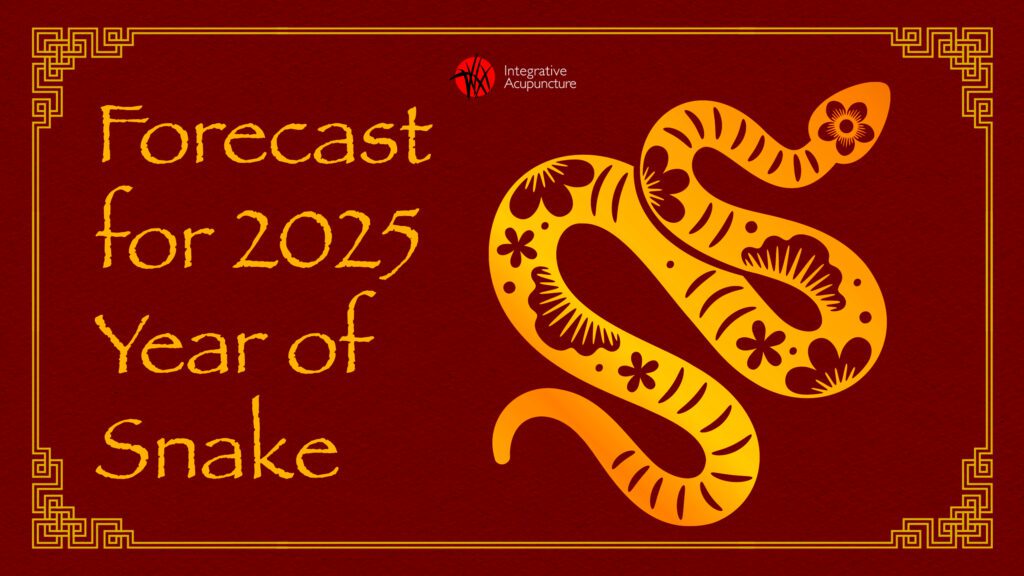Mast Cell Activation Syndrome (MCAS) is a complex condition characterized by the abnormal activation of mast cells, leading to a wide range of symptoms such as skin rashes, gastrointestinal issues, and respiratory problems. Traditional treatment approaches often involve medications like antihistamines and mast cell stabilizers. However, some individuals find limited relief from these conventional methods. In recent years, complementary and alternative therapies like acupuncture have gained attention for their potential in managing MCAS symptoms.
 Introducing Acupuncture
Introducing Acupuncture
Acupuncture, an ancient practice rooted in Traditional Chinese Medicine (TCM), involves the insertion of thin needles into specific points on the body to stimulate energy flow, known as qi. From a modern perspective, acupuncture is believed to modulate the nervous system, promote the release of neurotransmitters and hormones, and regulate inflammatory responses. These mechanisms may offer benefits for individuals with MCAS by addressing underlying imbalances in the body.
Research exploring the efficacy of acupuncture in treating MCAS is still emerging but shows promising results. A study published in the Journal of Integrative Medicine in 2016 investigated the effects of acupuncture on patients with chronic urticaria, a condition often associated with MCAS. The researchers found that acupuncture significantly reduced the severity and frequency of urticaria episodes, suggesting its potential in managing mast cell-related symptoms.
Another study published in the Journal of Alternative and Complementary Medicine in 2018 examined the impact of acupuncture on inflammatory markers in patients with allergic rhinitis, a common manifestation of MCAS. The results demonstrated that acupuncture treatment led to a significant decrease in inflammatory cytokines, indicating its anti-inflammatory effects.
 Managing Symptoms of MCAS
Managing Symptoms of MCAS
Acupuncture may exert its therapeutic effects on MCAS through various mechanisms. By stimulating specific acupuncture points, practitioners aim to regulate the immune system and reduce inflammation. Additionally, acupuncture may modulate mast cell activity and histamine release, helping to alleviate symptoms like hives/itching, swelling, and gastrointestinal distress.
One of the advantages of acupuncture is its relatively low risk of adverse effects compared to pharmaceutical interventions. Acupuncture is generally well-tolerated and considered safe when performed by trained practitioners using sterile needles. This makes it a valuable option for individuals seeking alternative therapies for MCAS, especially those who experience side effects from conventional medications.
If you’re considering acupuncture as part of your MCAS treatment plan, it’s essential to consult with a qualified practitioner who has experience working with this condition. At Integrative Acupuncture we can help you create a treatment plan to help manage MCAS and related conditions.
How It Works
During your acupuncture sessions, your practitioner will conduct a thorough assessment of your symptoms and medical history to tailor the treatment to your individual needs. Acupuncture sessions typically last between 30 to 60 minutes, during which you’ll lie comfortably while the needles are inserted and left in place for a period of time. Many individuals report feeling deeply relaxed during acupuncture sessions, which can contribute to overall stress reduction and improved well-being.
 In addition to acupuncture, lifestyle modifications such as stress management techniques, dietary changes, and regular exercise may complement your treatment plan for MCAS. It’s essential to work closely with your healthcare team to integrate acupuncture and other holistic approaches into your overall care strategy. Acupuncture also shows promise as a complementary therapy for managing symptoms of Mast Cell Activation Syndrome, as preliminary studies suggest that acupuncture may help regulate immune function, reduce inflammation, and alleviate symptoms.
In addition to acupuncture, lifestyle modifications such as stress management techniques, dietary changes, and regular exercise may complement your treatment plan for MCAS. It’s essential to work closely with your healthcare team to integrate acupuncture and other holistic approaches into your overall care strategy. Acupuncture also shows promise as a complementary therapy for managing symptoms of Mast Cell Activation Syndrome, as preliminary studies suggest that acupuncture may help regulate immune function, reduce inflammation, and alleviate symptoms.


 Managing Symptoms of MCAS
Managing Symptoms of MCAS



